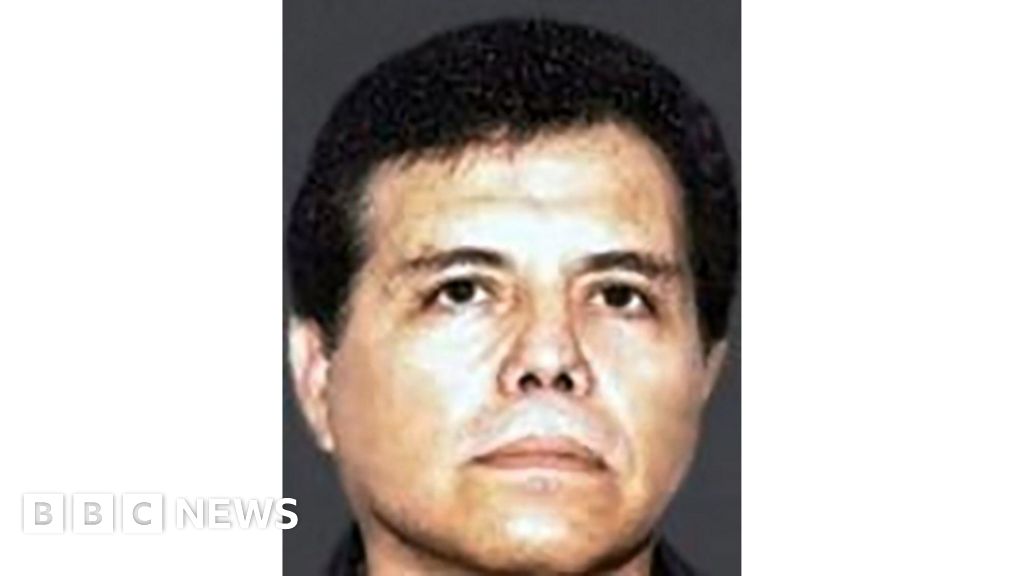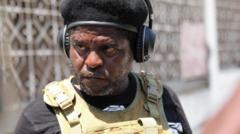Coming up quickly are major international competitions in the U.S., including the CONCACAF Gold Cup and the Club World Cup, starting on June 14. While countries like Chad and Yemen may not be known for sports, nations like Iran and Haiti, both of which are affected by the ban, are expected to participate. Notably, the CONCACAF Gold Cup will feature Haiti competing in U.S. cities such as San Diego, Houston, and Arlington.
Other notable events include the under-19 softball World Cup and the world skateboarding championships. However, it remains uncertain whether these events will qualify as “major.” Upcoming marathons, such as those in Chicago and New York, could face similar challenges as well.
In a broader context, the implications of this travel ban extend to college athletics, where many teams comprise international players. With major events like the men’s soccer World Cup in 2026 and the Summer Olympics in Los Angeles in 2028 on the horizon, further clarity will be required about which athletic events gain exemption status, as the congressional landscape remains dynamic.
The situation presents a fascinating intersection of sports and politics, as stakeholders await the clarifications from Rubio and the possible ramifications for both athletes and the sporting events they aim to participate in.
Other notable events include the under-19 softball World Cup and the world skateboarding championships. However, it remains uncertain whether these events will qualify as “major.” Upcoming marathons, such as those in Chicago and New York, could face similar challenges as well.
In a broader context, the implications of this travel ban extend to college athletics, where many teams comprise international players. With major events like the men’s soccer World Cup in 2026 and the Summer Olympics in Los Angeles in 2028 on the horizon, further clarity will be required about which athletic events gain exemption status, as the congressional landscape remains dynamic.
The situation presents a fascinating intersection of sports and politics, as stakeholders await the clarifications from Rubio and the possible ramifications for both athletes and the sporting events they aim to participate in.
















